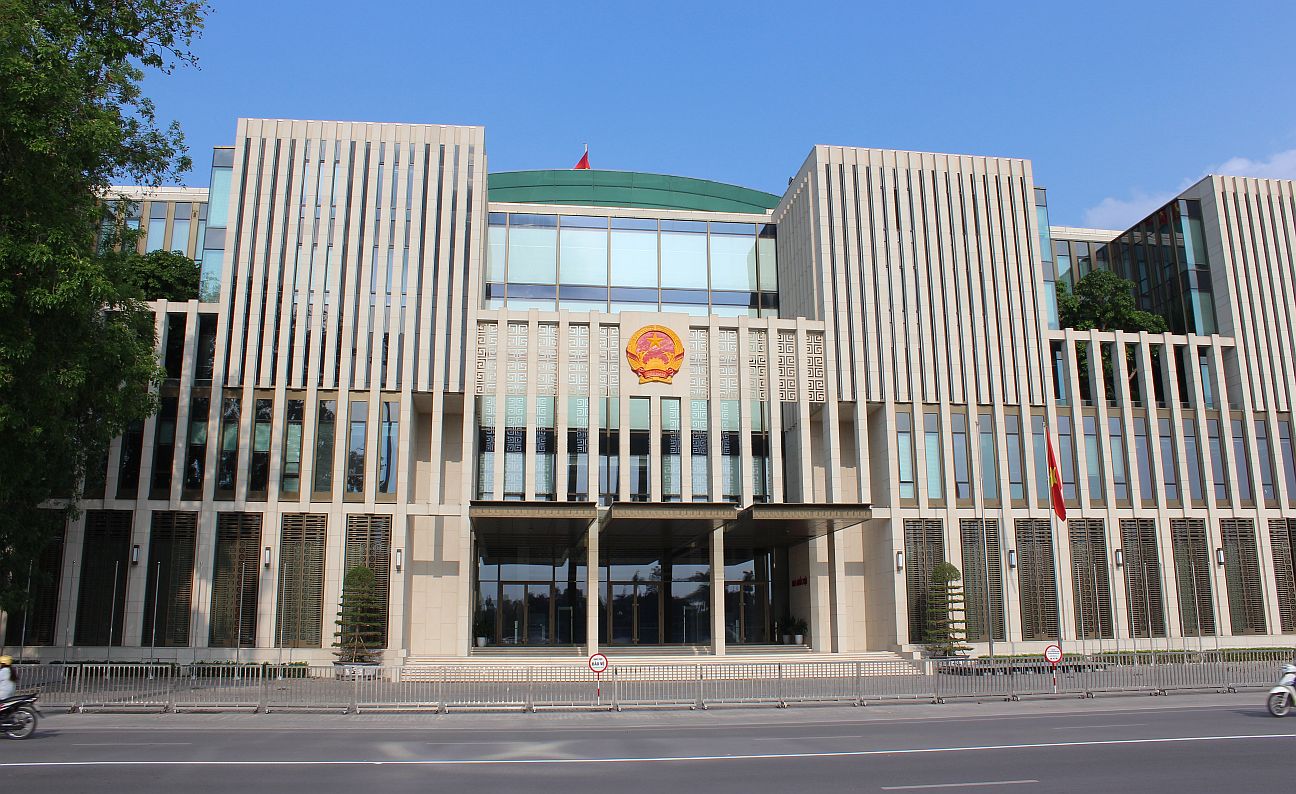Less than 3 months after Vietnamese Prime Minister Nguyen Xuan Phuc officially greenlighted a three-year trial run of permitting Vietnamese citizens to legally gamble in the country, the first details about the requirements for entering a casino have been shared by the government. The newly revealed details show that there will be several restrictions imposed, including a mandatory minimum income.
The liberalization of local gambling rules has been in the making for more than a year, during which there have been many proposed changes to Vietnam’s gambling regulations. The government has thus far made several efforts to liberalize the market, including drafting a sport betting legislation as well reviewing a draft that would launch the trial period and take down the minimum investment limits for prospective casino owners.
Per the trial run guidelines, local gamblers will be allowed to gamble in only two Vietnamese casinos, one of which will be located on the Phu Quoc Island, while the other on the Van Don Island in the Quang Ninh province. To be allowed entry in both casinos, Vietnamese gamblers would have to meet a number of requirements.
One of the first pre-requisites is that all gamblers would have to be at least 21 years of age and a clear criminal record to be granted entry in the casino. They would also have to provide proof of a stable monthly income of at least 10m Vietnamese Dongs ($443 USD) – a limit that would clearly ward off the average earner which, according to data from the World Bank, earns approximately 4m Dongs per month. Gamblers would also have to pay an entry fee of 1m Dongs per day ($44) or 25m ($1.1K) per month.
The government will also permit family members to request a ban on gambling for someone from their family circle, including sons-in-law, by submitting a formal request.



